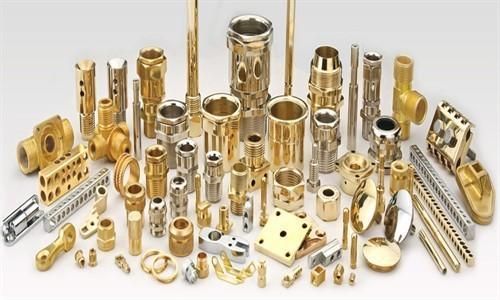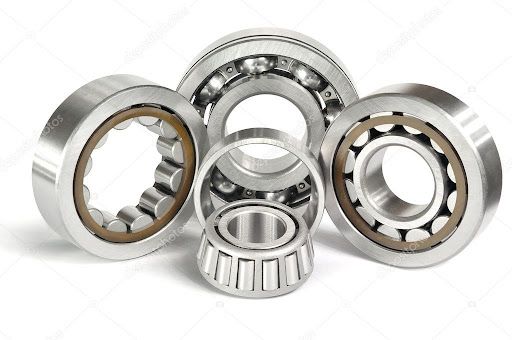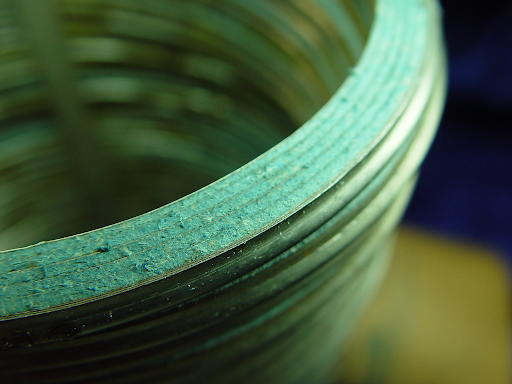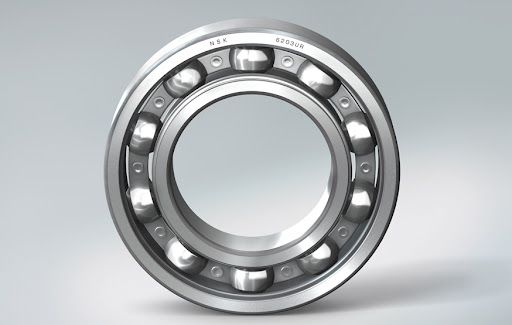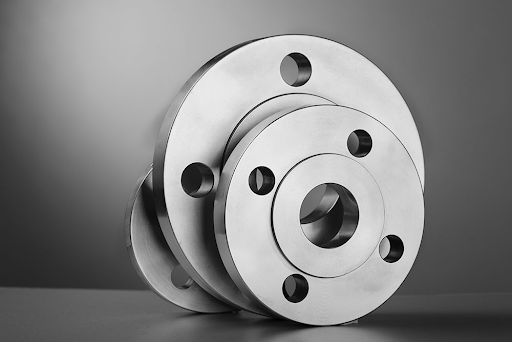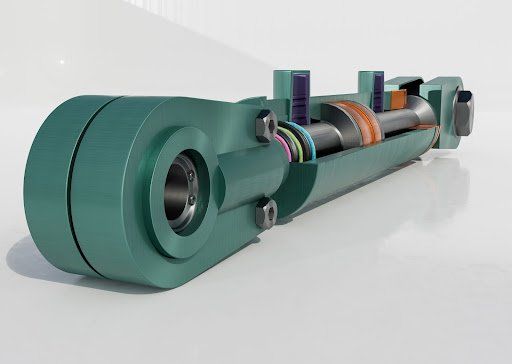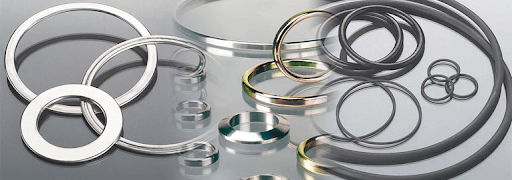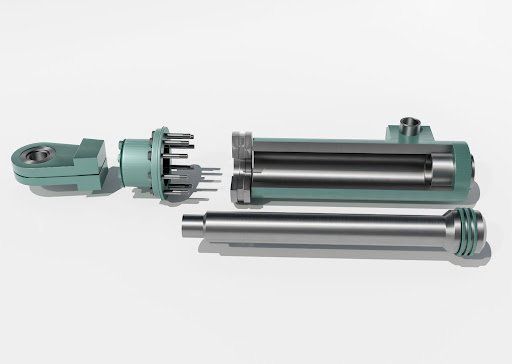Surprising Facts About Stainless Steel Fasteners
Stainless steel fasteners are a popular choice for many applications as they’re highly resistant to corrosion, have great load-bearing capabilities, offer excellent resistance against extreme temperatures, are environmentally friendly and 100% recyclable. These points are mostly common knowledge but what you don’t know about stainless steel fasteners might surprise you. Here are three important facts that are worth remembering when purchasing stainless steel fasteners.
Corrosion-Resistant Not Corrosion-Proof
Stainless steel can still corrode. A common mistake is to assume that resistance to corrosion translates as corrosion proof. The level of resistance is always dependent on various factors, including the quality of the steel, the environment that the fastener will be used in and how much care is taken to protect the fasteners from damage. Similarly, it’s important to understand how corrosion occurs and the different types of corrosion that can inhibit the lifespan of your fasteners.
Most Stainless Steel is Magnetic
There are five classes of stainless steel, and only one of these is truly non-magnetic. The misconception around the magnetic properties of stainless steel is a result of the only non-magnetic steel also being the most popular. 304 and 316, the most common stainless steels, are two of only a handful that begin as non-magnetic, making them ideal for applications that require this quality. There are certain manufacturing processes that can limit the amount of magnetism in various steels, but the best option is select the correct grade of steel for the intended application.
Stainless Steel Repairs Its Own Surface
What many people don’t know is that the thin, transparent layer on the surface of stainless steel fasteners provides a self-healing feature. Because stainless steel is an iron-based alloy, it contains a small percentage of chromium. This forms an oxide layer that, when activated by oxygen and water, will renew itself, repairing any light scratches and remaining clean and bright for many years of use. This self-healing process also restores the steel’s resistance to corrosion.
These are a few of the lessor-known facts about stainless steel, but it’s important to do your research and understand what product is going to fit best for the intended application. If you’re still unsure, it’s always recommended to speak to a reputable vendor. The team at Bearing Centre has a wealth of knowledge on our products and their various applications. Give us a call, and we’ll be happy to assist you with advice on selecting and using stainless steel fasteners.

